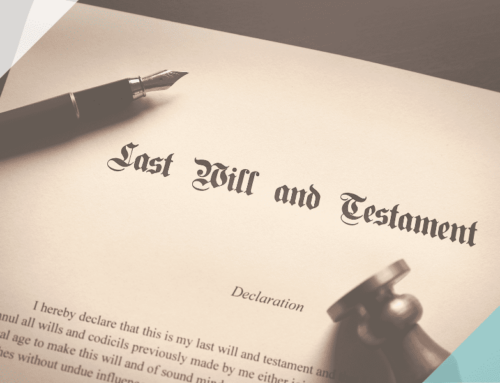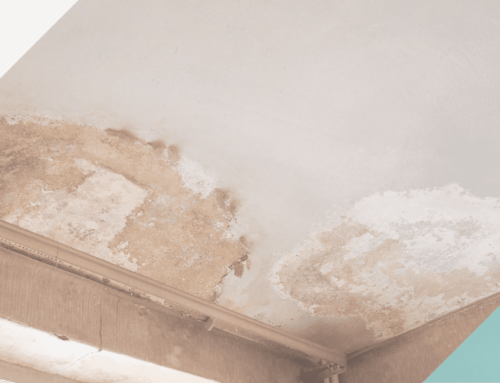With the Stamp Duty Land Tax Duty holiday announced by the Treasury in early July, now is a great time to invest in a buy-to-let property. However, with tax relief laws now more stringent for private landlords, how can you maximise your return on investment? A good way of doing this may be to transfer property into a company.
Attwells Solicitors are property law experts. We believe serious consideration needs to be given to transferring your buy to let property to a limited company. Since 2016, the tapering of tax relief on mortgage interest for buy-to-let properties has seen many landlords yield reduce.
This is why many private landlords are now contemplating transferring property ownership to a limited company. This offers several key benefits, although whether this works for you depends on your particular circumstances:
Mortgage interest relief restrictions don’t apply to a limited company. Because the property is seen as a business when owned by a limited company, any expenses can then be written off against tax.
Corporation tax is lower than higher levels of income tax. Corporation tax is currently charged at 19% and will drop to 17% for 2020/21. Compared to personal income tax (40%-45% at the higher rates) this is much lower. If you’re in the higher income tax bracket, this is a significant difference.
You intend to buy a new property to live in and rent your current property. In this case, keeping your current property in your own name would leave you liable to pay the higher threshold of stamp duty on the new property.
Aside from the many advantages, there are also disadvantages to consider when deciding if you should transfer your buy-to-let property to a limited company:
Moving ownership to a corporate entity will incur sale and purchase taxes. This includes capital gains tax and (potentially) stamp duty. Which could be significant amounts of money.
Not all lenders provide mortgages for limited company buy-to-let. And those that do may pay higher interest. Though as this market continues to grow in popularity, this may change.
Taking your profits in a dividend will incur tax. The tax-free allowance on dividends is currently £2,000, and you will have to pay income tax on anything above this.
Depending on your portfolio, financial situation, and future plans, transferring your property to a limited company may be financially prudent. However, before you make the decision, it’s important to get good advice. The Attwells property law team are experts in this growing area, and we are here to help. So whether you’re preparing to start your journey as a landlord, or you already have a large portfolio, get in touch with us today.





